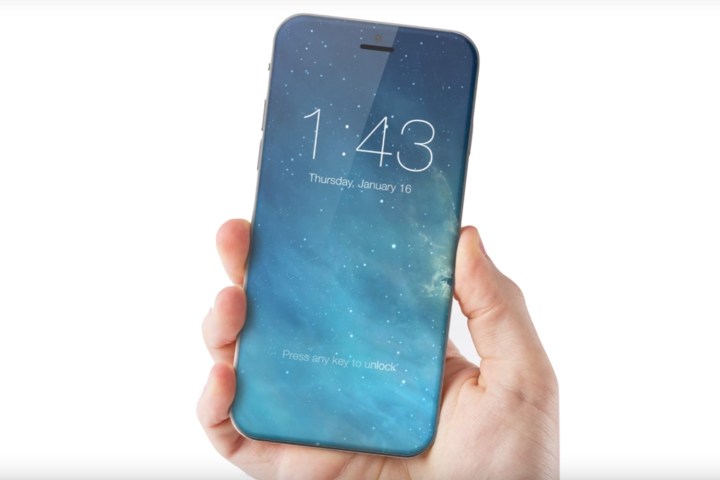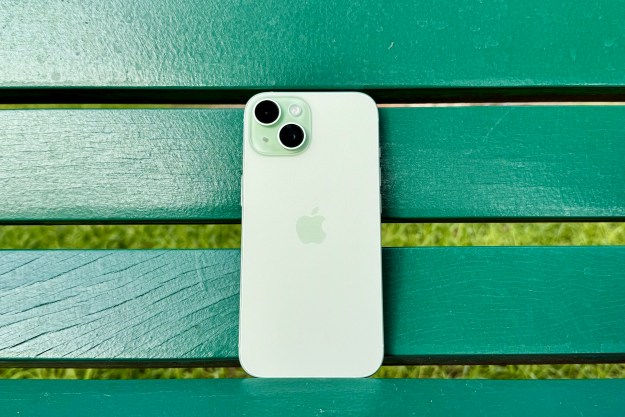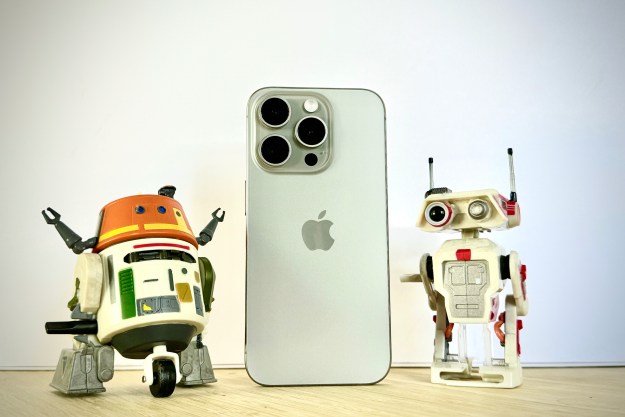
Apple’s meteoric gains are thanks mostly to its competition’s losses. Market research firm IDC reported last month that Samsung’s market share fell to 20 percent, the lowest in two years, attributable to its global recall of the Galaxy Note 7 smartphone. The company’s operating profit represented a mere 0.9 percent of the industry’s for the quarter ending in September, slightly ahead of smartphone manufacturers HTC and LG.
Despite Samsung’s well-publicized Note 7 debacle, Android smartphones made substantial inroads against the iPhone. Smartphones running Google’s operating system captured 87.5 percent of global smartphone shipments in the third quarter of this year, up 84.1 percent from the period prior. The iPhone, meanwhile, ceded ground: its share declined to 12.1 percent of shipments, down 13.6 percent quarter over quarter.
Among Android smartphone makers, Samsung decisively led the charge. The Seoul, South Korea-based company nabbed 21.7 percent of the
Despite Apple’s success in the third quarter, the smartphone maker faces declining sales ahead of the holiday season. In its most recent earnings call, the company reported a year over-year-dip in iPhone shipments to 45.5 million in the third quarter from 48 million.
Apple also faces stiff competition from Android manufacturers in emerging markets. Strategy Analytics reports that almost nine out of every 10 smartphones around the world run Google’s operating system, and that collectively, smartphone makers shipped 328.6 million devices in the past quarter alone. Woody Oh, director at Strategy Analytics, noted, “
Apple’s challenge is particularly acute in China, where the company’s repeated clashes with the government have hindered its sales momentum. Earlier his year, Chinese government regulators blocked access to Apple’s iBooks and iMoves within the country, and in June, China’s Beijing-based Intellectual Property Office found that Apple’s iPhone 6 and iPhone 6 Plus infringed on an exterior design patent by Chinese company Shenzhen Baili.
Apple is also contending with a contracting market. According to IDC, the smartphone market will only grow by 1.6 percent year over year — down significantly from 10.4 percent in 2015.
But things are looking up. IDC predicts growth next year. And Apple’s relationship with China is on the mend: in September, CEO Tim Cook announced that the company would open a research and development center in Beijing by the end of the year.
Editors' Recommendations
- This is the iPhone concept of my dreams
- I found an amazing new way to use my iPhone 15 Pro Max
- Are you having iPhone alarm problems? A fix is coming soon
- This one Apple Fitness feature completely changed how I exercise
- Nomad’s new iPhone case and Apple Watch band may be its coolest yet


